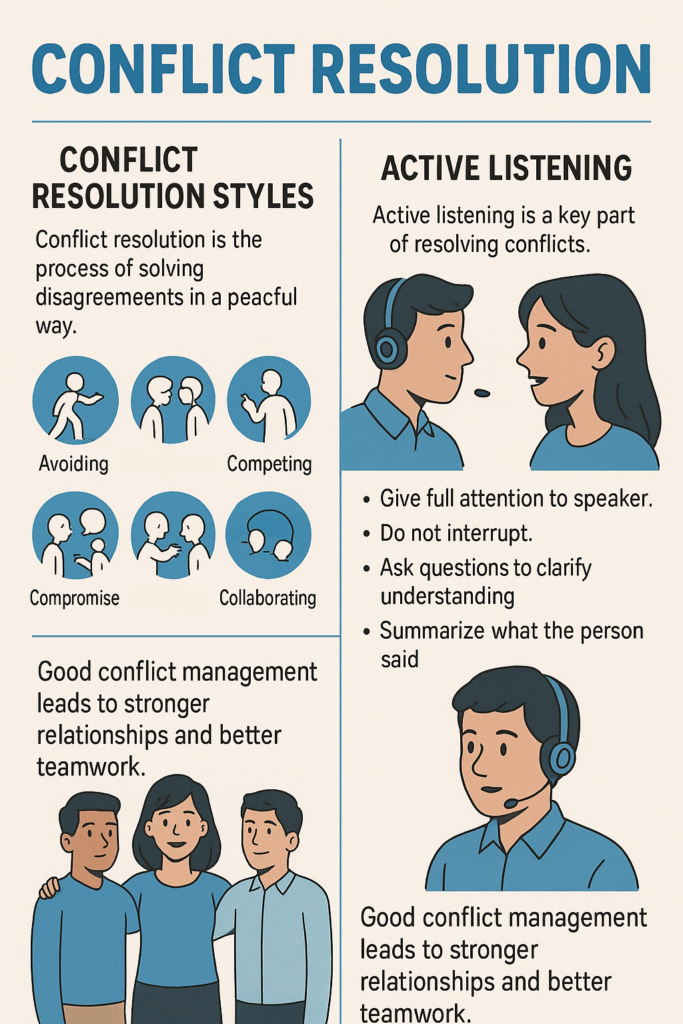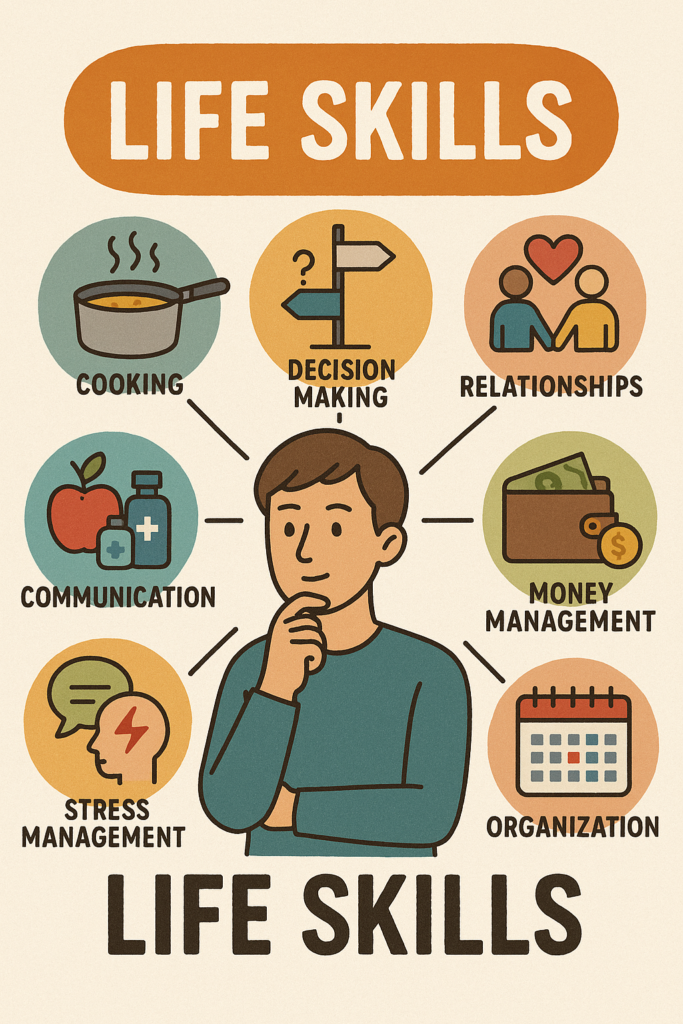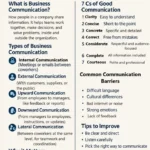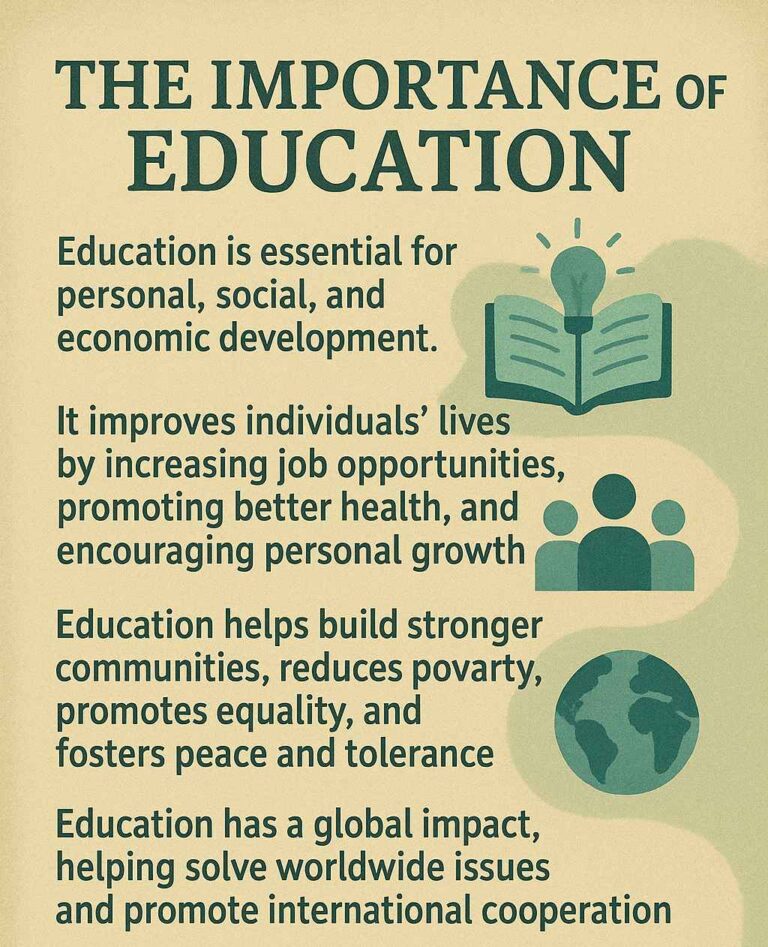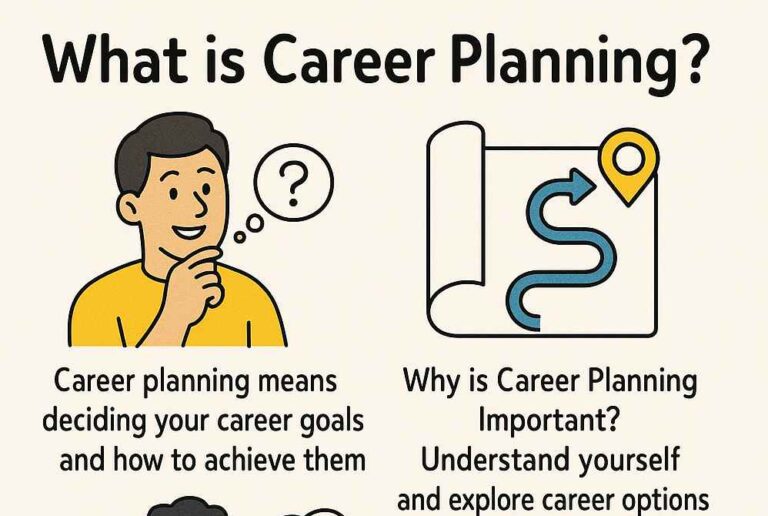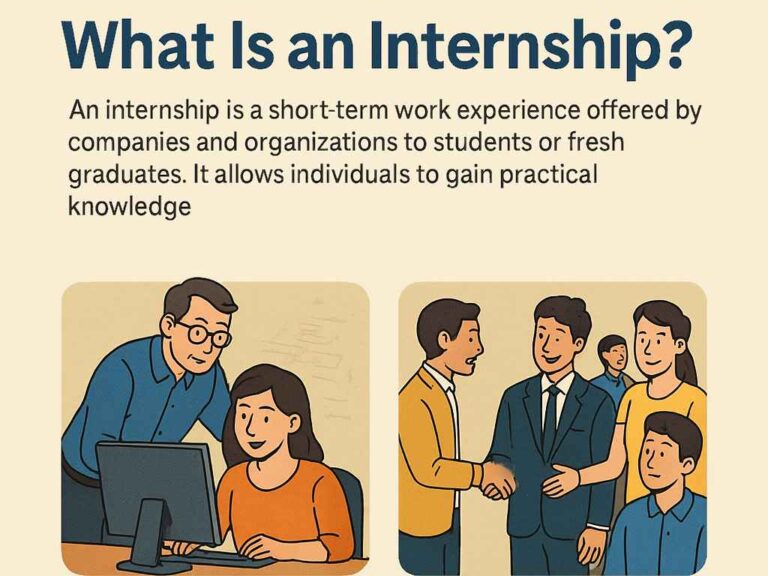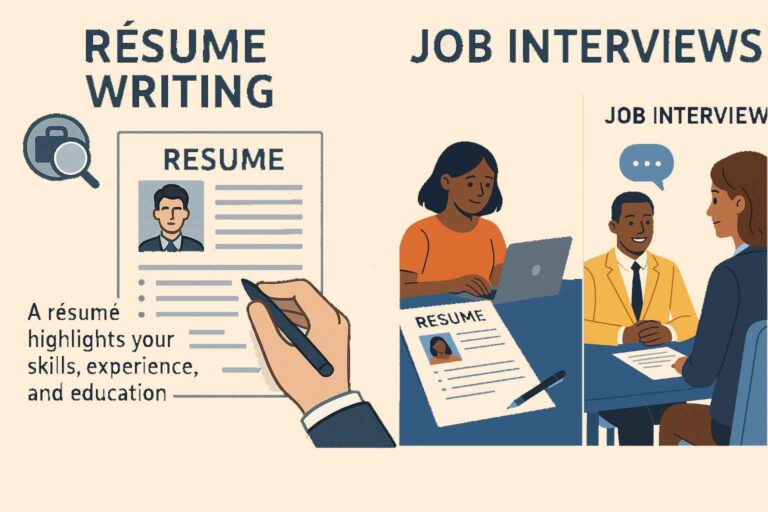What is Negotiation?
Negotiation is the process of discussing with others to reach a mutually beneficial agreement. It happens when people or groups have different needs, wants, or ideas, and they need to come to a solution that works for everyone involved. For example, if you’re buying a new phone and you want a discount, you might negotiate the price with the seller. Both you and the seller will try to find a price that works for both of you.
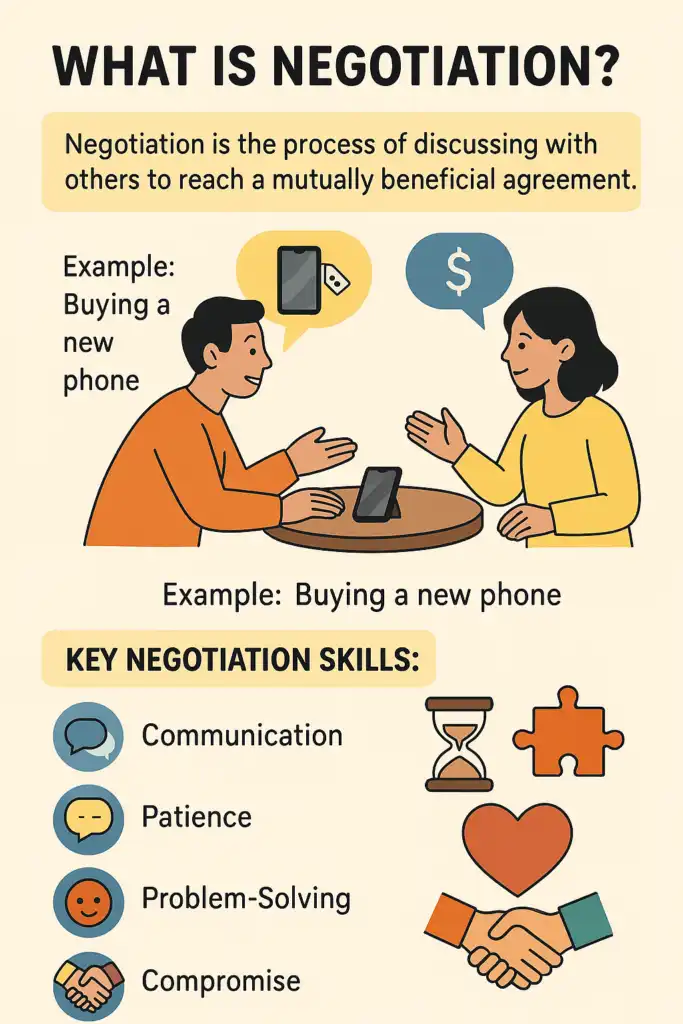
Key Negotiation Skills:
- Communication – Being able to clearly express your thoughts and listen to the other person’s viewpoint.
- Patience – Sometimes negotiations take time. Rushing can lead to mistakes or poor agreements.
- Problem-Solving – Finding creative ways to meet everyone’s needs.
- Empathy – Understanding the other person’s feelings, needs, and perspective.
- Compromise – Being willing to meet halfway when needed.
Example of Negotiation:
Imagine two siblings negotiating over a single chocolate bar. One wants to eat the whole bar, while the other wants to share it. A good negotiation might involve them agreeing to break the bar in half so each person gets an equal share, or perhaps one person gets the first half today, and the other gets the second half tomorrow. This way, both are happy with the solution, and each person feels like they’ve gotten something fair.
What is Conflict Resolution?
Conflict resolution is the process of solving disagreements or problems in a peaceful and fair way. It’s about finding solutions when people don’t see eye-to-eye or when there are disagreements, whether in the workplace, at home, or with friends.
For example, if two colleagues argue about who gets to present in a meeting, conflict resolution helps them find a way to resolve the issue so both feel respected.
Key Conflict Resolution Skills:
- Active Listening – Listen to the other person’s point of view without interrupting. This helps them feel heard.
- Stay Calm – Avoid yelling or getting emotional, which can make things worse.
- Identify the Problem – Understand the root cause of the disagreement.
- Find a Win-Win Solution – Look for a solution that makes everyone happy, or at least content.
- Seek Mediation – Sometimes, a neutral third party can help guide the conversation and find a fair solution.
Example of Conflict Resolution:
Two friends argue over who gets the last piece of cake. Instead of fighting, they sit down and talk it out. One suggests sharing the cake, and they both agree. The problem is solved peacefully.
How Negotiation and Conflict Resolution are Linked:
Both negotiation and conflict resolution are about finding a solution to a problem where there’s disagreement. While negotiation is usually about getting a better deal (like buying something or making an agreement), conflict resolution is more about managing and solving a disagreement so both sides feel respected.
In both cases, good communication, empathy, and a willingness to compromise are key to success.
How to Improve Your Negotiation and Conflict Resolution Skills
- Practice Active Listening – Pay attention to what others say without interrupting.
- Stay Calm – When emotions run high, take deep breaths and focus on finding a solution.
- Be Open-Minded – Be willing to accept new ideas or suggestions from others.
- Be Clear About Your Needs – Clearly state what you need or want in a calm and respectful way.
- Look for Win-Win Solutions – Aim for solutions that satisfy both parties.
- Seek Help When Needed – If things get too complicated, ask for a mediator or a neutral third party to help.
Summary:
Negotiation and conflict resolution are essential skills for managing disagreements and reaching agreements in both personal and professional life. Negotiation involves discussing and compromising to reach a solution that benefits everyone, while conflict resolution is about resolving disagreements in a peaceful and fair way. Key skills for both include communication, active listening, patience, and finding win-win solutions. Whether it’s negotiating a price or resolving a workplace dispute, these skills help people work together more effectively and maintain positive relationships. With practice, anyone can improve these skills and become better at solving problems and reaching agreements.

